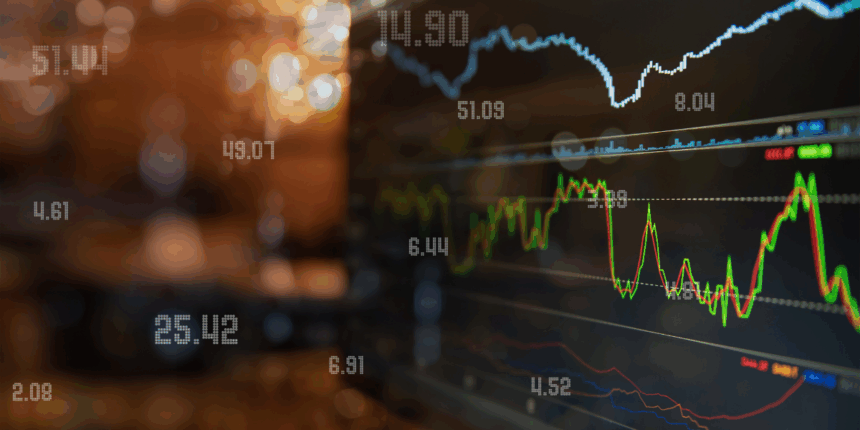In a recent discourse, Goldman Sachs (NYSE:GS) CEO David Solomon highlighted growing concerns regarding an artificial intelligence hype that might mirror the dot-com bubble of the late 1990s. As the stock market continues on an upward trajectory since November 2022, Solomon pointed out similarities to past speculative bubbles. Investors currently face a dynamic market as they navigate record highs coupled with hints of caution echoing from financial leaders. This discussion serves as a vigilant reminder of historical financial trends, urging stakeholders to reconsider risk management strategies in the evolving landscape of AI investments.
Historically, discussions around technological bubbles have periodically surfaced, drawing parallels with the infamous dot-com era. The previous dot-com bubble witnessed dizzying peaks followed by a dramatic crash, a scenario financial experts now cautiously imply could replay through the lens of AI-driven market enthusiasm. Despite advancements in AI technologies, apprehensions remain about rapid market valuation increases without substantial backing from fundamental growth. Earlier views lacked the emphasis on balance sheet strength, a factor increasingly considered in current analyses.
Will AI Investment Follow the Dot-Com Path?
Solomon’s apprehension stems from the notable rally in tech stocks, reminiscent of past speculative surges. Expected growth in the AI field is substantial; however, valuations have soared rapidly, much like the late ’90s. The CEO calls attention to the similar spikes in market concentration and increased capital investments.
“There are elements of investor behavior and market pricing currently that resemble previous bubbles, including the rise in absolute valuations,” emphasized Solomon, reflecting the firm’s increased scrutiny on investor behavior.
How Is Goldman Sachs Positioning Itself Amidst AI Trends?
Solomon’s warnings come amidst Goldman Sachs’ initiative to advise clients on potential risks while advocating for diversified portfolios. Emphasizing strong balance sheets and fundamental growth within their Conviction List stocks, Solomon suggests a strategic approach to navigating potential instability.
In response to volatile markets, asset recommendations include resilient stocks with strong dividend yields. Goldman Sachs continues to monitor tech-driven market dynamics, playing a pivotal advisory role as investors face the ambiguity of potential financial shifts.
“However, we see key differences: First, the appreciation of the technology sector has, so far, been driven by fundamental growth rather than irrational speculation,” Solomon noted, offering a nuanced view on current market trends.
Goldman Sachs remains a prominent voice in the financial world, guiding investors through fluctuating markets. As the CEO forecasts possible market corrections, they underscore their strategy of recommending high-quality dividend stocks. These choices offer investors not only potential growth but also a buffer against volatile swings anticipated within the next year or two.
Ongoing vigilance is crucial as AI continues to impact diverse sectors. Investors need to remain informed and make evidence-based decisions regarding potential market instability. While AI promises enhanced functionalities across industries, the inherent risk echoes past technological eras marked by speculation and uncertainty. Understanding historical patterns can provide deeper insights into handling present-day market conditions and future financial planning.










